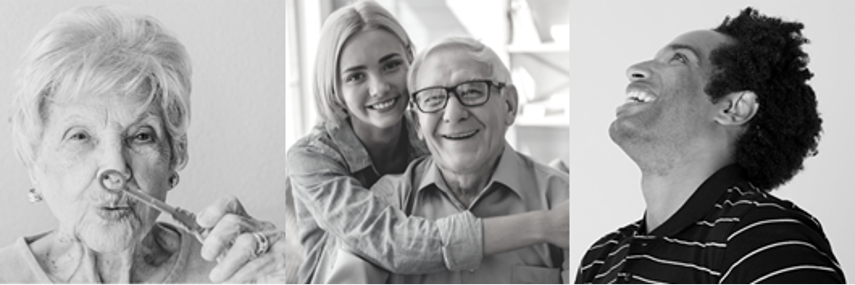80 Percent of Us Admit We Don't Know What This Is

What type of care is available to you alongside your current treatment program, is intended for patients of any age group who have a chronic, curable, or life-threatening illness, and is appropriate at any stage of a diagnosis?
The answer is palliative care. If you got it right, congratulations! You're part of the 20% of people who know all that palliative care can offer, but here's something you may not know. Studies have shown that people who receive palliative care early on in their diagnosis and continue it throughout their illness, do better overall.
Even if you understand what palliative care is, you may be among the group of people who overlook its potential value for you and your family. A lot of patients forgo the practical and emotional benefits of palliative care because they associate it with hospice and the end of the fight with an illness. Palliative care is not hospice; They are two very different specialties. Palliative care is a tool for any stage of the fight. But how do you know if palliative care is right for you or a loved one?
For patients and families coping with cancer, dementia, ALS, Parkinson's disease, liver or kidney failure, congestive heart failure, lung disease and other similar illnesses, palliative care can be a needed and supportive approach. Your care team will work with you to find personalized solutions and strategies that can both involve medication or non-medication routes. Overall, it's care that considers the whole person, their family, their future and their quality of life.
Here are some other benefits of palliative care:
- Support in dealing with difficult decisions
- Answers to questions family members might have
- Reassurance and assistance in reviewing options
- Help managing symptoms like pain, discomfort, nausea and fatigue
- Support matching personal values with treatment programs
- Advice for patients and family on what to expect
- Assistance coping with stress, depression and anxiety around the disease
- Help finding spiritual or religious guidance
- Overall emotional support easing the burden of serious disease
Read 5 Things You Didn't Know About Palliative Care.
Anyone with a serious illness can benefit from this type of care. And that means your family benefits too. So, ask your primary care doctor today about enlisting a palliative care specialist to support your fight.
Note: The content of this blog is for informational purposes only. It is not intended for use as diagnosis or treatment of a health problem or as a substitute for the professional consultation of a physician or qualified health care provider. If you have specific questions or concerns regarding a health or medical condition, contact your physician or a licensed health care professional.

